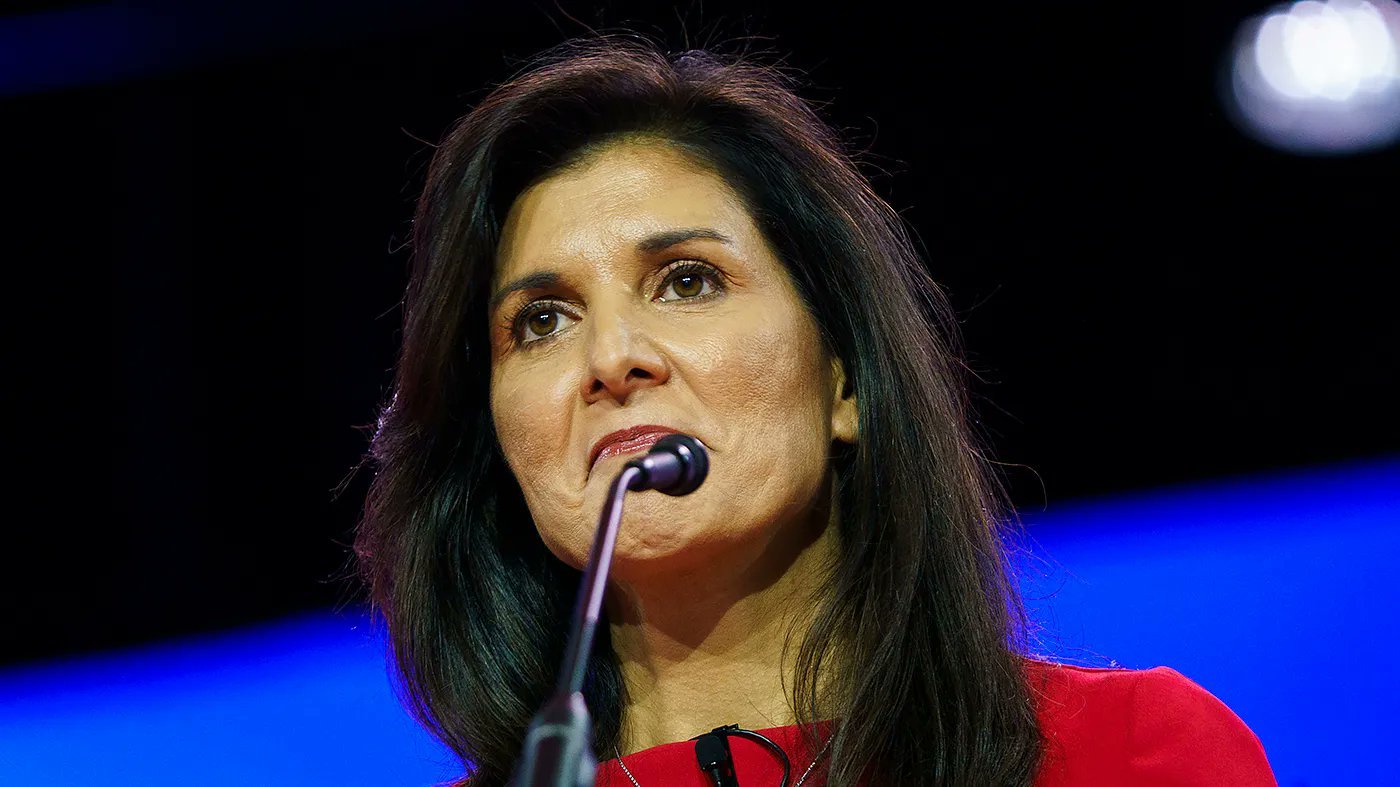In Charleston, South Carolina, on March 6th, Nikki Haley formally concluded her underdog bid against the leading Republican figure, Donald Trump, solidifying his position as the party’s nominee for the upcoming presidential clash with Democrat Joe Biden in November.
Haley, who served as the Governor of South Carolina and later as Trump’s United Nations Ambassador, made her withdrawal known in a speech in Charleston following her significant losses to Trump across 14 of the 15 Republican nominating contests held on Super Tuesday.
Haley’s campaign termination came with a declaration of no regrets, marking the end of her campaign against Trump, who continues to wield considerable influence over the Republican base despite facing numerous criminal indictments.
This development sets the stage for a rerun of the Trump-Biden electoral contest, reminiscent of the 1956 presidential race, amid widespread voter discontent with both candidates as evidenced by their low approval ratings in opinion polls.
The forthcoming election is anticipated to deepen the existing political divide, with Biden portraying Trump as a fundamental threat to democracy and Trump continuing to challenge the legitimacy of the 2020 election outcome. Despite attracting significant financial backing and demonstrating notable debate prowess in Trump’s absence, Haley was unable to significantly dent Trump’s support base.
However, her appeal among moderate Republicans and independents underscores potential vulnerabilities in Trump’s campaign strategy as he prepares for another electoral battle against Biden on November 5th.








